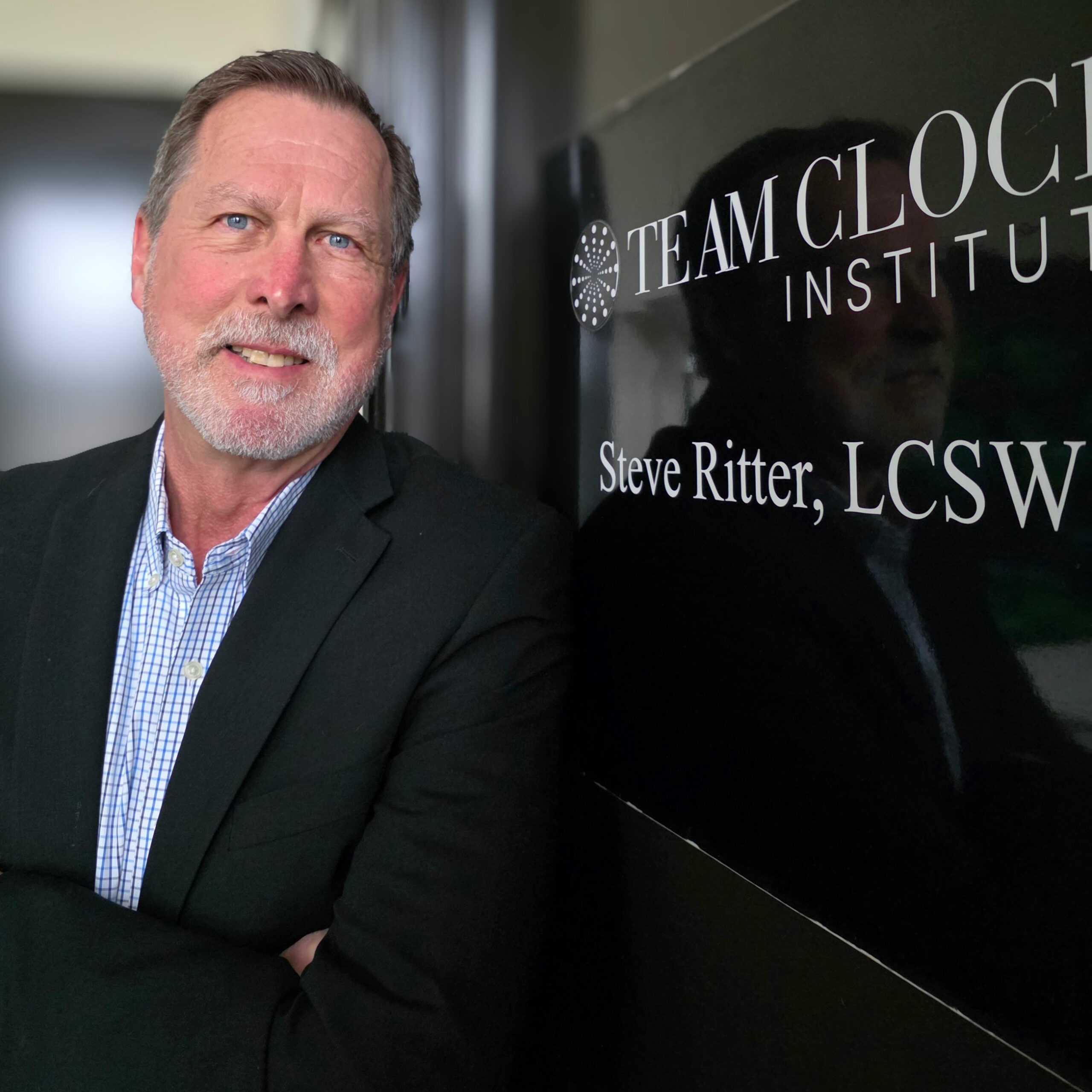A trusted friend recently reminded us that sometimes the problem is bigger than the solution. “One finger does not lift 1,000 people,” he said, quoting an adage from his country of origin. There, he shared, the depth of national crisis leaves most leaders at a loss for how to make even a tiny dent. So you lift what one finger is able to lift.
Our country is currently in the throws of a mental health crisis. It has two prongs. First, the acuity level struggle among children and teens is at unprecedented levels. Second, there is a shortage of available resources. A shrinking pool of therapists is either backed up with untenable waiting lists or burned out from the long hours and the clinical intensity of the work. Often, it’s both.
So, what can you do if your kiddos are struggling and you can’t find a local resource? In our practice, we field numerous requests with limited clinician availability. We match client needs with therapist skills to the best of our ability and refer out to trusted colleagues when we are unable to provide the needed service. For most families, unless you are lucky enough to snag one of our limited hours, that doesn’t help much.
While you can’t control the availability of community resources, you can influence the wellness of your home. And although you can’t alter the choices of everyone who impacts your family, you are in charge of your home ecosystem. Start there. Your need for outside resources may be less urgent if you are able to stabilize the rhythm and buttress the structure of the crew that makes up your home.
Often, this is precisely the guidance that paid professionals provide:
- Ensure that everyone is honoring the basics of respect, trust, health, and safety.
- Call time-out when a crisis alters the family norm, so there’s time to process the change.
- Attend to little problems before they have a chance to take root and get big.
- Allow stress to activate coping skills before solving the challenge prematurely.
If you performed an informal check-up on your family’s well-being, you would probably discover some opportunities to put these in play. Are respect, trust, health, and safety your priorities? Are you slowing down enough to discuss transitions? Are you practicing early detection/early intervention to the best of your ability? Are you allowing adaptability to develop rather than jumping in to solve problems too quickly?
You might not need a therapist. Or maybe a session or two gets things on track. Think globally, act locally.

About the Author
Steve Ritter, LCSW is the Founder and Executive Director of Elmhurst Counseling. He has served as a teacher, author, consultant, human resources director, health care administrator, and licensed clinical social worker since 1977. A fellow of the American College of Healthcare Executives, Steve has provided coaching, therapy and team development services to thriving schools, businesses and organizations.

